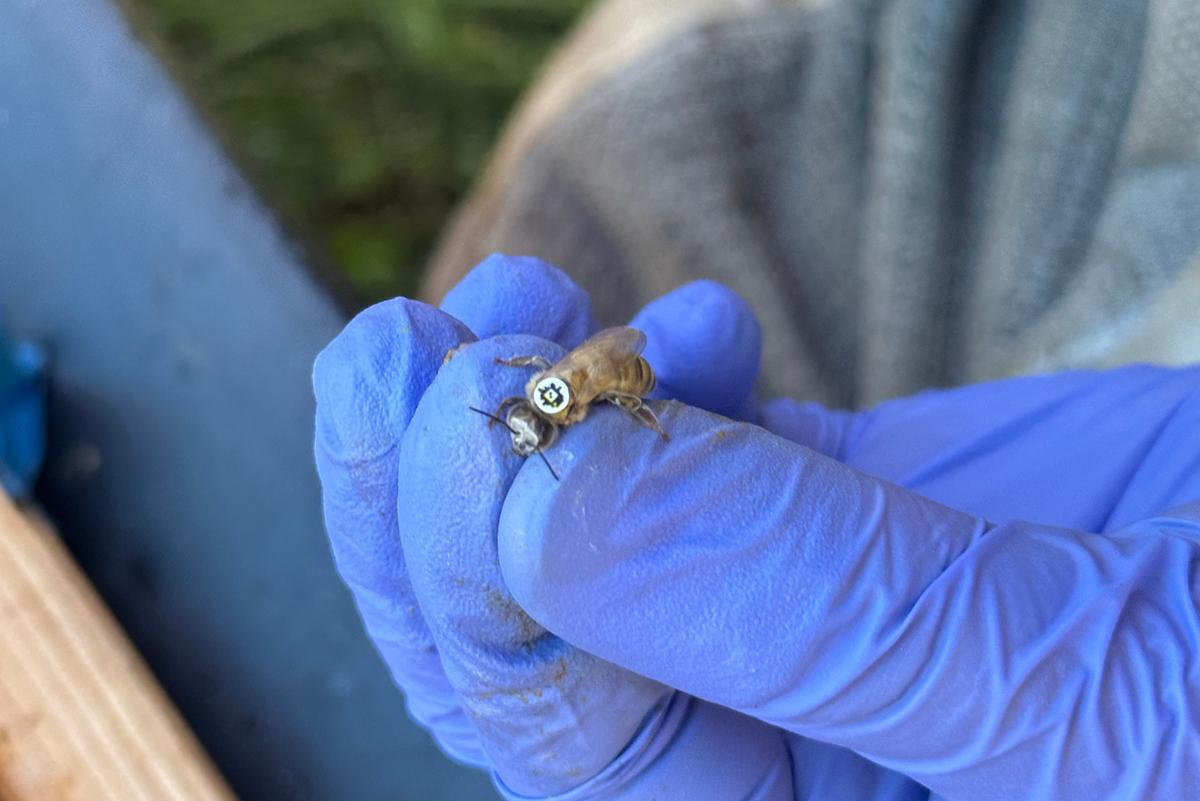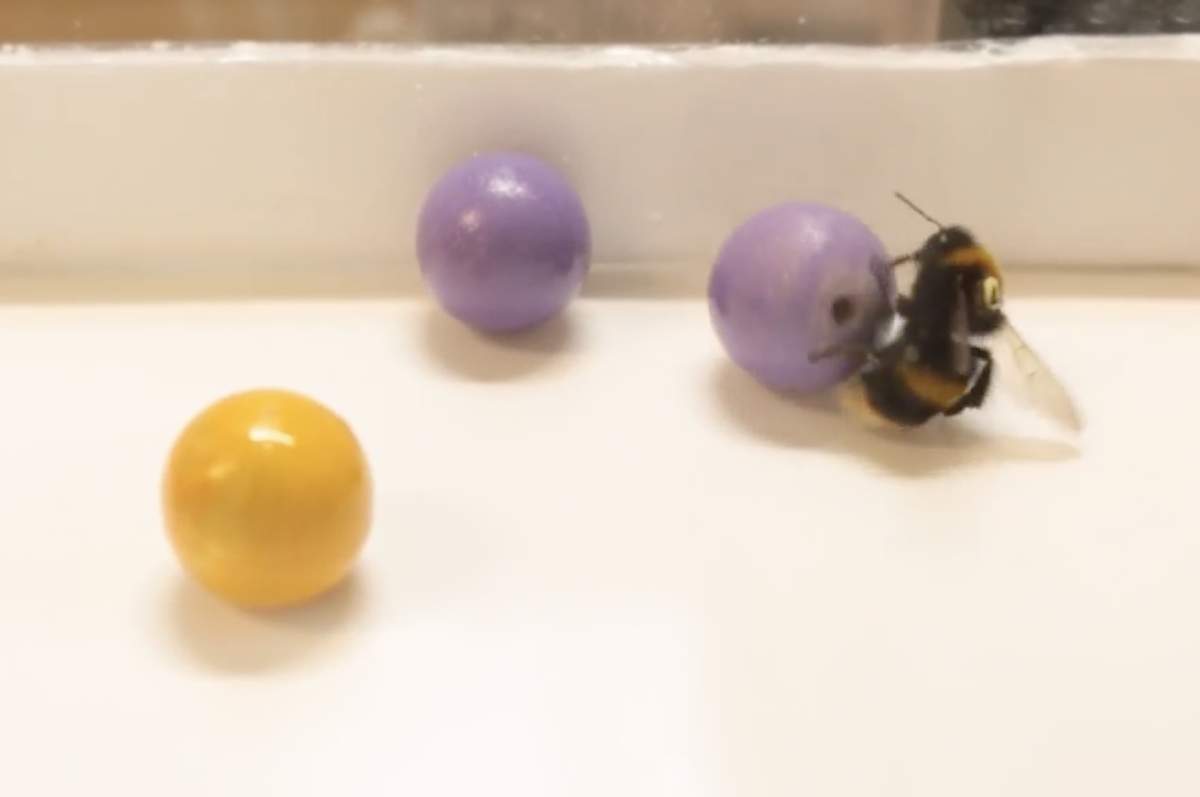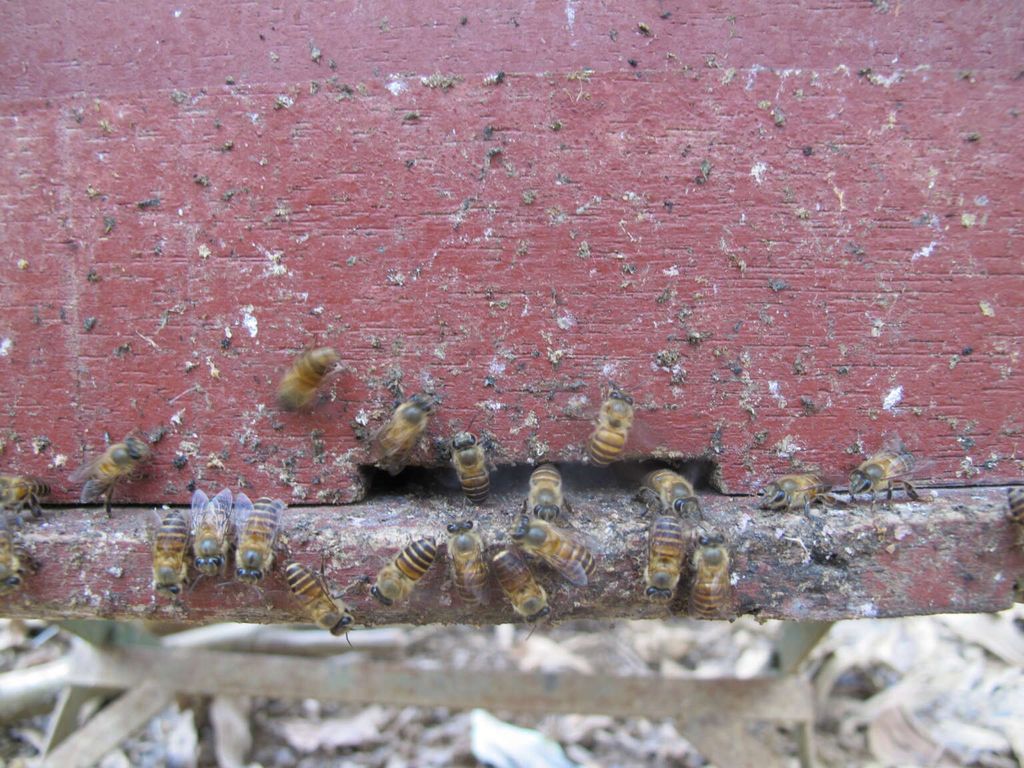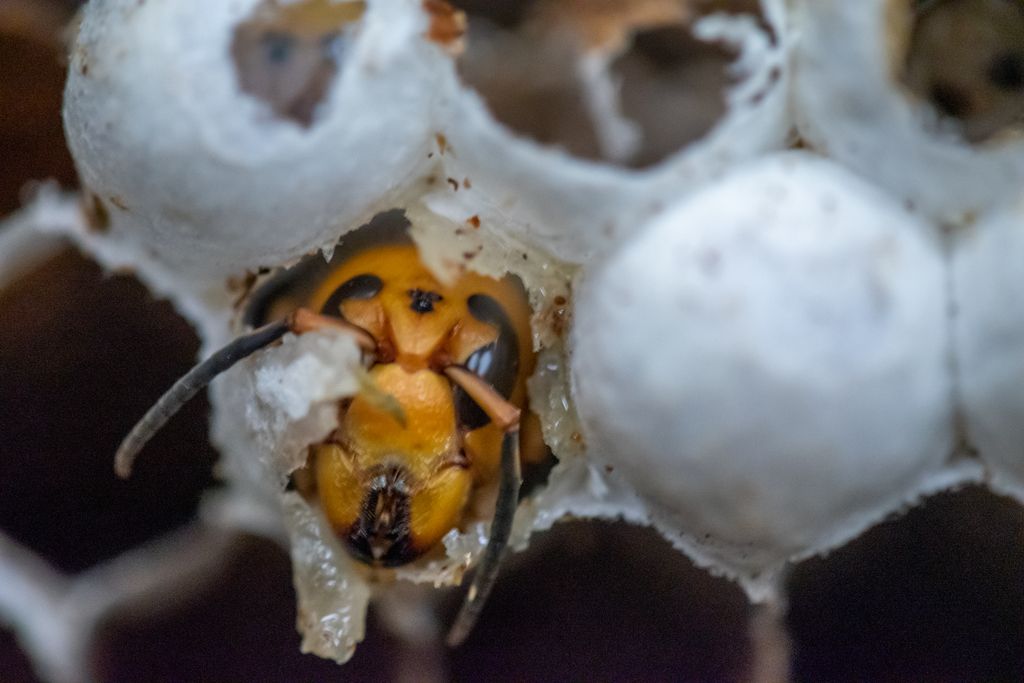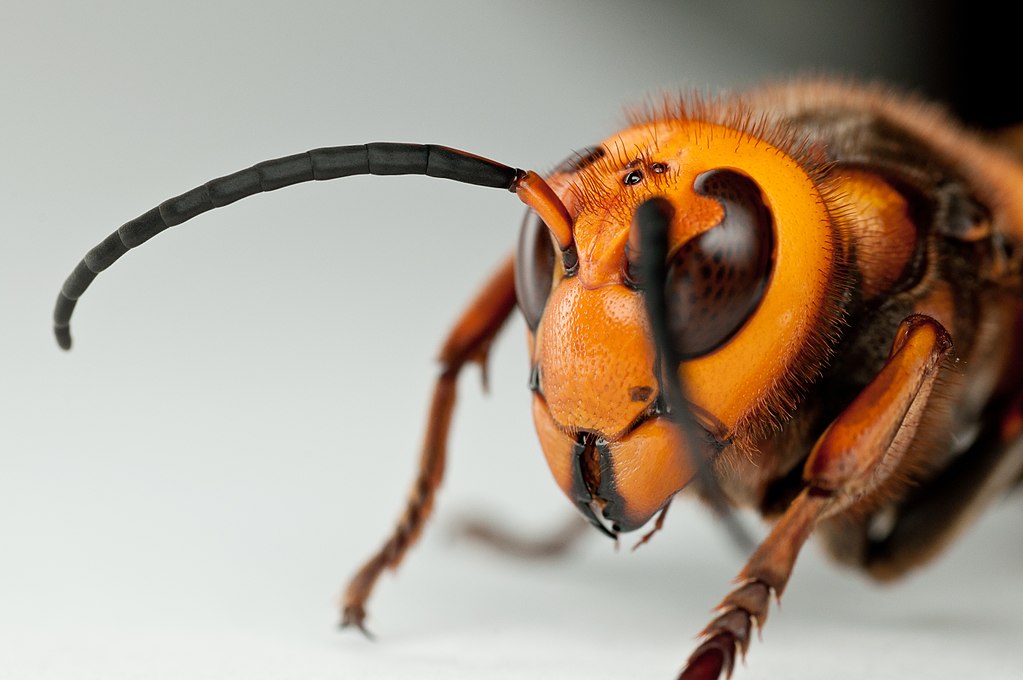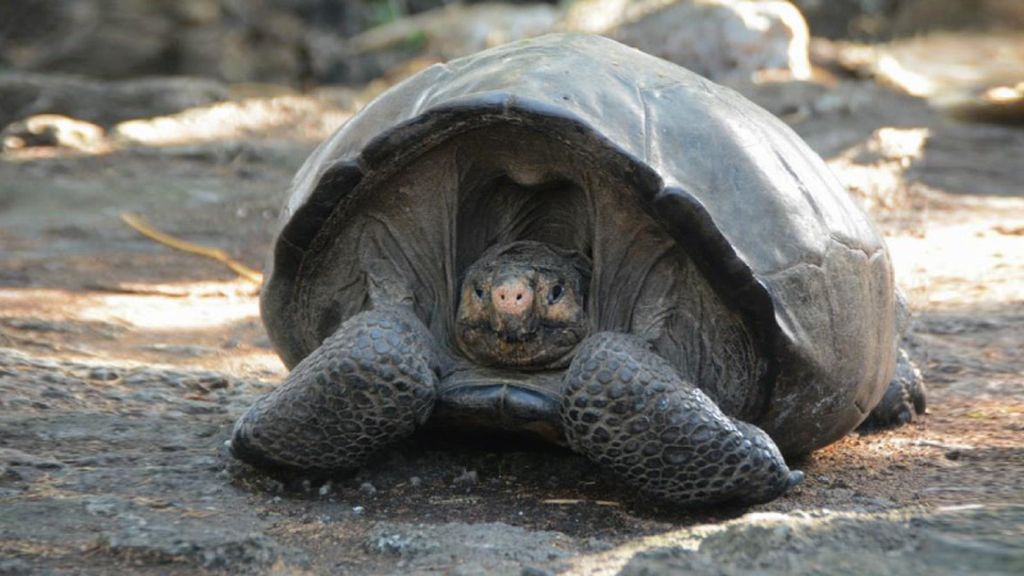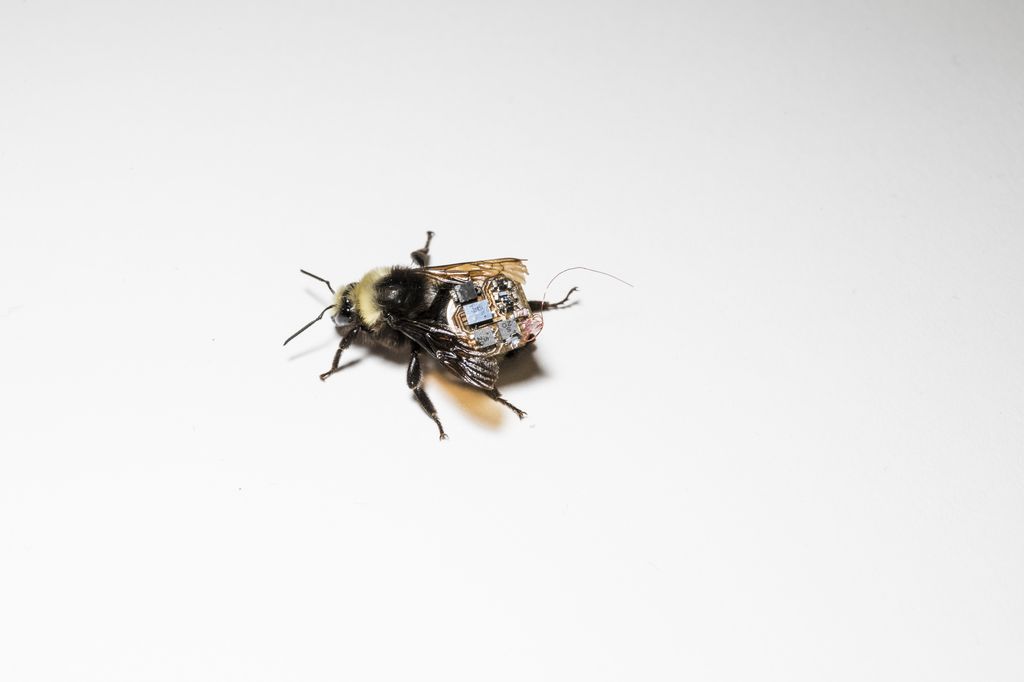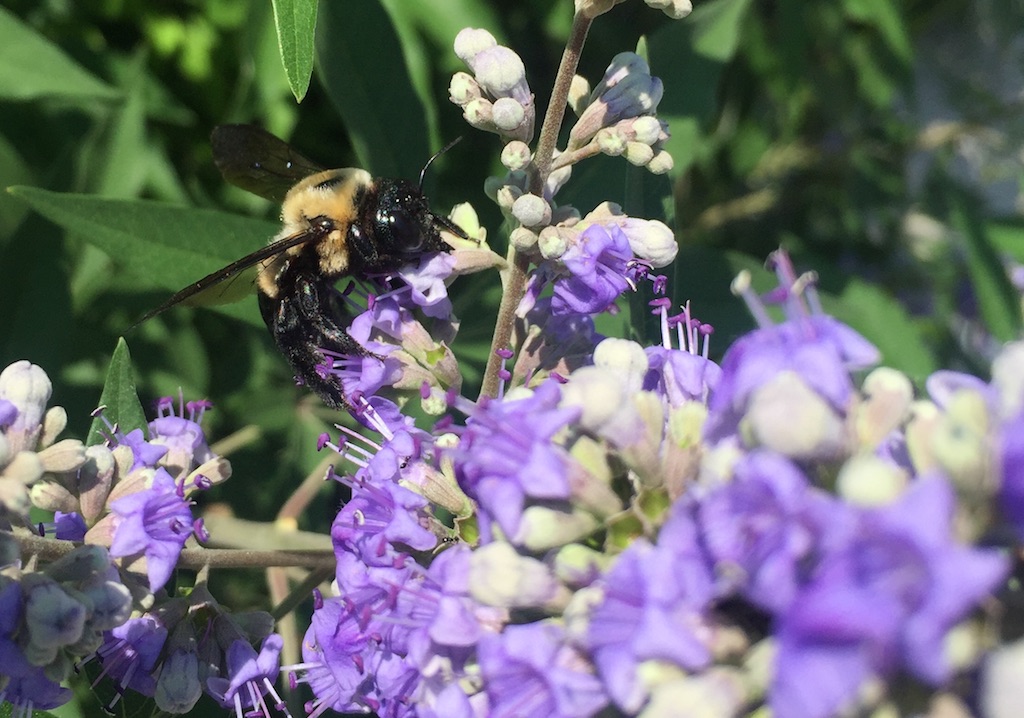Scientists at Penn State University used an unusual method to track honey bees. By placing tiny QR codes on the backs of the bees, the researchers can keep track of when the bees leave and return to their hives. The work will help scientists learn more about how bees collect food and how far they travel.
Posts tagged as “bees”
In an effort to help out important insects like bees and butterflies, bus stops across the United Kingdom and Europe are getting living roofs. Small gardens on bus shelter roofs are being planted with flowers chosen to help support the struggling insects.
In the past, scientists have shown that bees have some surprising math skills. Now, new research shows that bees can even be trained to tell the difference between odd and even numbers. Before this, humans were the only animals known to have this ability.
Scientists have discovered an unusual trick used by Asian honeybees to protect their hives from giant hornets - putting poop on the hives. The discovery shows how clever the bees are, and could give beekeepers a new way to protect bees.
In late October, scientists in Washington state destroyed the first nest of Asian giant hornets found in the US. Now they're reporting that the nest held nearly 200 queens - insects capable of going out and starting even more nests.
Scientists report that Asian giant hornets have been found in Washington state. It's the first time they've been found in the US. The hornets can be dangerous for humans, but they are truly a threat to European honeybees.
Last year, French and Australian scientists learned that bees could understand the idea of "zero". Now the same scientists have discovered that bees can add and subtract.
In recent weeks scientists have found two very different animals that have not been seen in dozens of years - a very rare tortoise and the world's largest bee.
Scientists at the University of Washington have come up with an unusual way to help farmers get information about the plants in their fields: putting sensors on the backs of bumblebees.
There have long been reports that animals behave differently during an eclipse. Now, thanks to student helpers and some small microphones, scientists have learned what bees do during an eclipse: Nothing.

